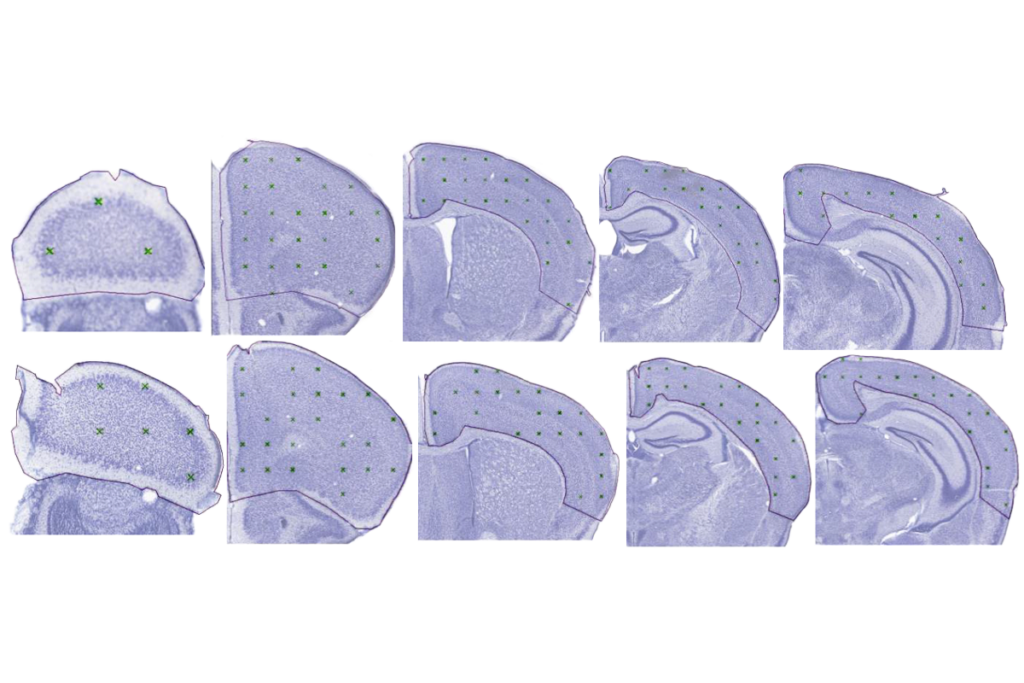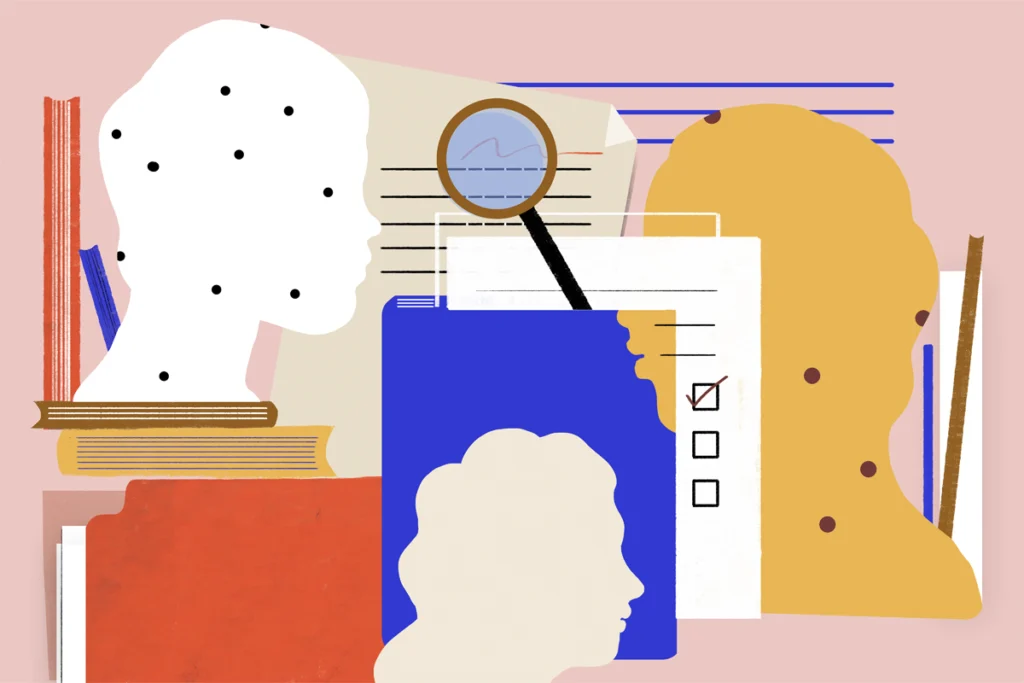Daisy Yuhas commissions and edits stories for Spectrum on The Transmitter. A freelance science journalist and editor based in Austin, Texas, she has edited features, news and opinions for multiple publications, including SAPIENS and Scientific American MIND. Her writing has appeared in The New York Times, Scientific American, Audubon, The Hechinger Report and Symmetry, among other outlets. (Photograph by Brio Photography)
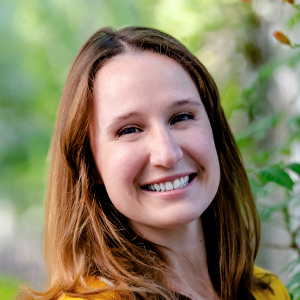
Daisy Yuhas
Contributing editor
Spectrum
From this contributor
Genetic testing; LSD1 inhibitors; and more
Here is a roundup of autism-related news and research spotted around the web for the week of 30 June.
Dosage of X or Y chromosome relates to distinct outcomes; and more
Here is a roundup of autism-related news and research spotted around the web for the week of 23 June.
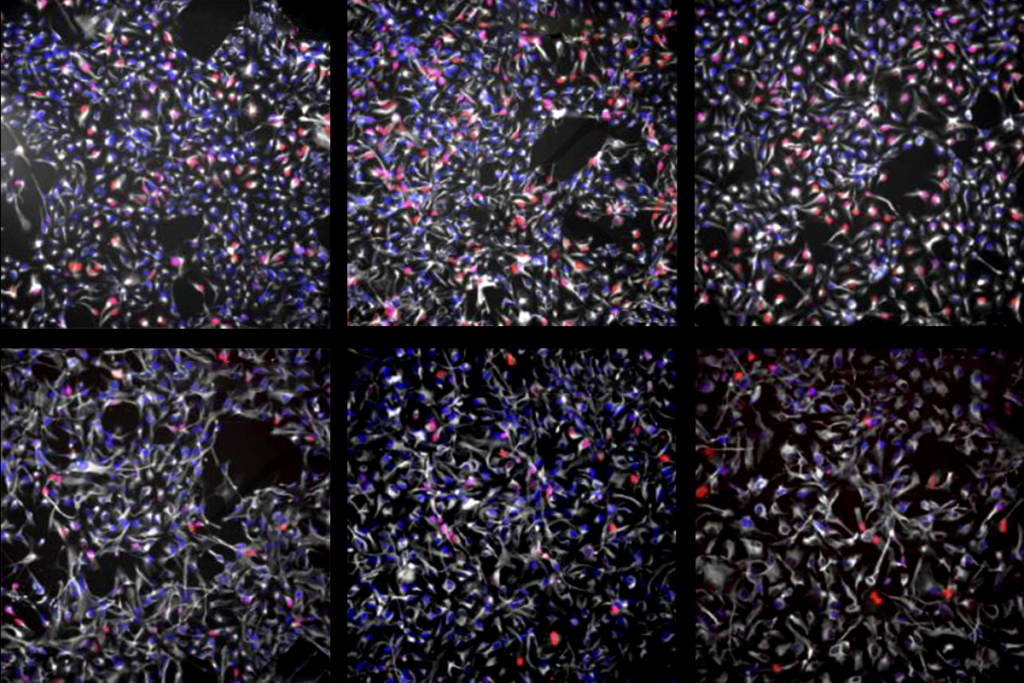
Dosage of X or Y chromosome relates to distinct outcomes; and more
Reporter’s notebook: Highlights from INSAR 2025
The annual meeting brought autism researchers, advocates and clinicians to Seattle to discuss the latest research, including attempts to define subgroups, a potential new CHD8 macaque model and life expectancy gaps.
Spectrum 2024: Year in review
We round up our most notable autism stories of the past 12 months.
Exploring the connection between autism and sleep
The Transmitter rounds up the latest research on autism and sleep.
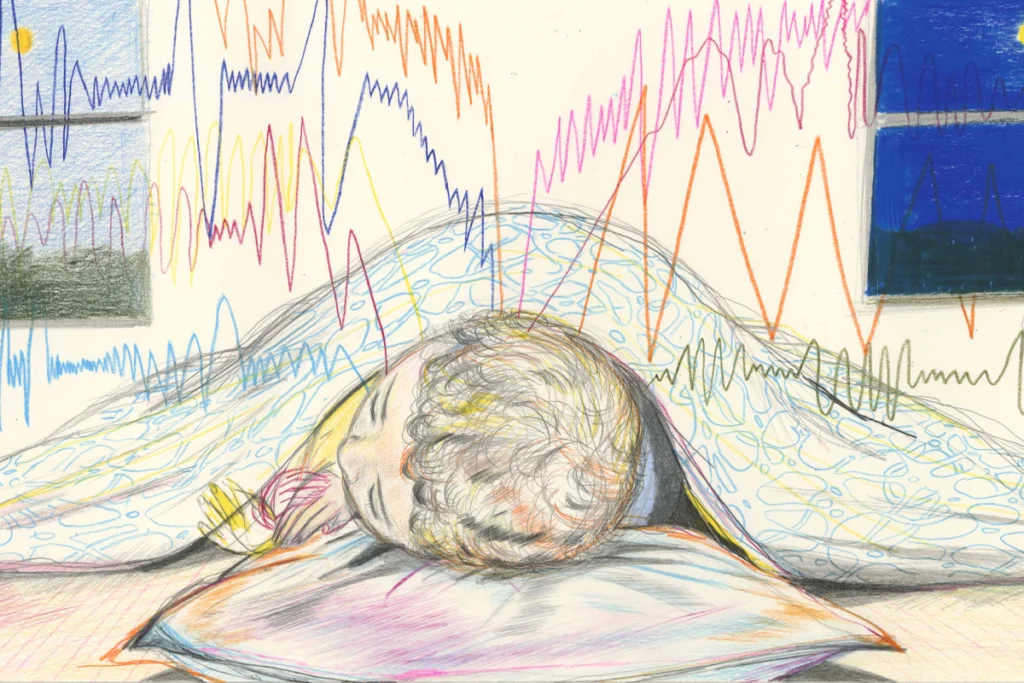
Exploring the connection between autism and sleep
Explore more from The Transmitter
Machine learning spots neural progenitors in adult human brains
But the finding has not settled the long-standing debate over the existence and extent of neurogenesis during adulthood, says Yale University neuroscientist Juan Arellano.

Machine learning spots neural progenitors in adult human brains
But the finding has not settled the long-standing debate over the existence and extent of neurogenesis during adulthood, says Yale University neuroscientist Juan Arellano.
Xiao-Jing Wang outlines the future of theoretical neuroscience
Wang discusses why he decided the time was right for a new theoretical neuroscience textbook and how bifurcation is a key missing concept in neuroscience explanations.
Xiao-Jing Wang outlines the future of theoretical neuroscience
Wang discusses why he decided the time was right for a new theoretical neuroscience textbook and how bifurcation is a key missing concept in neuroscience explanations.
Memory study sparks debate over statistical methods
Critics of a 2024 Nature paper suggest the authors failed to address the risk of false-positive findings. The authors argue more rigorous methods can result in missed leads.

Memory study sparks debate over statistical methods
Critics of a 2024 Nature paper suggest the authors failed to address the risk of false-positive findings. The authors argue more rigorous methods can result in missed leads.
